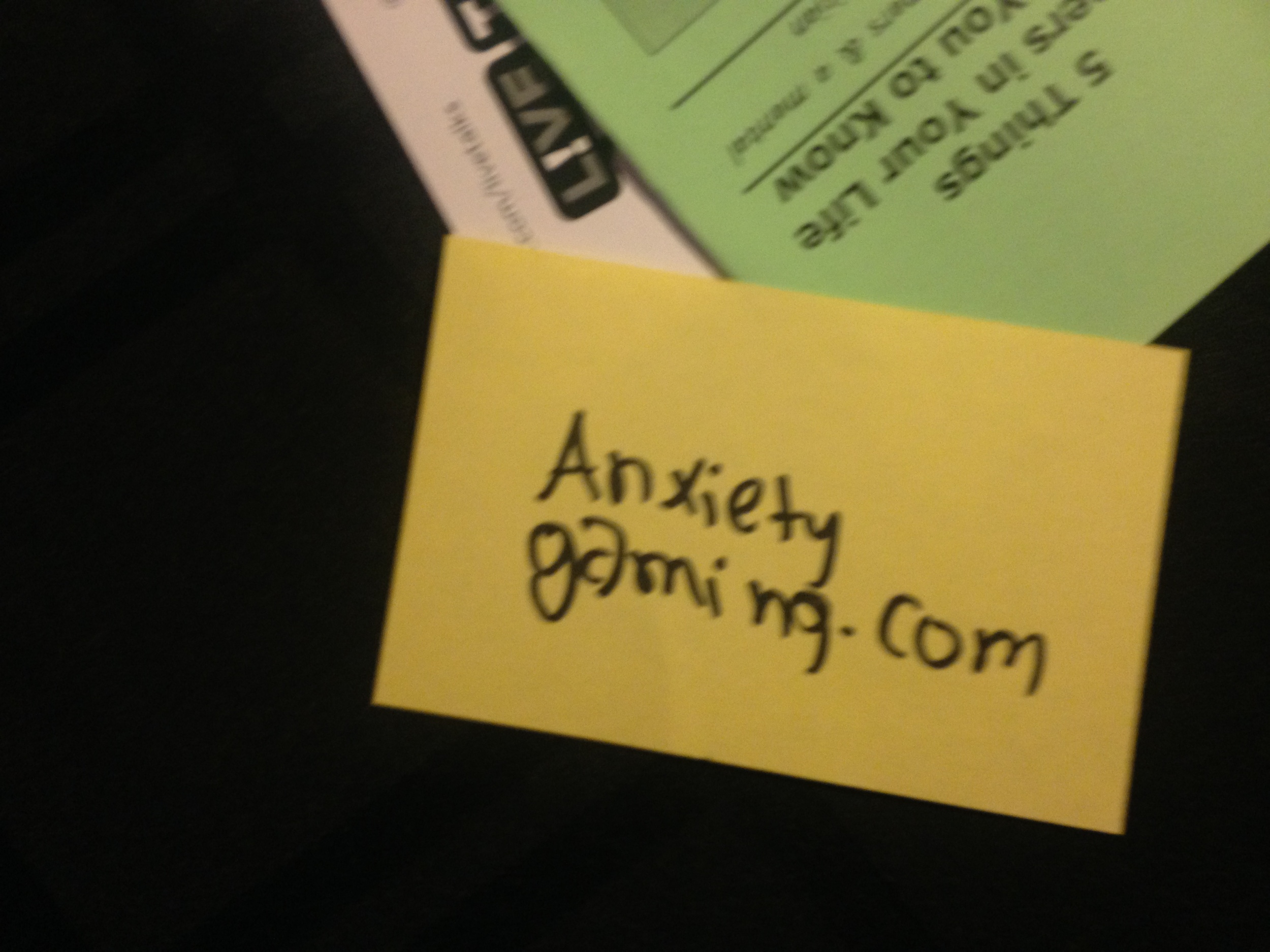We've heard this term before: "I'm a perfectionist." What does it look like, and what are potential consequences for having such tendencies? A child can experience perfectionism differently from an artist, or a professional who requires precision to detail. Context matters, and yet, there are some similarities that connect those who suffer from or excel due to perfectionism. Here are some possible views on being perfect:
The Perfect Child
There may be circumstances that guide children to become focused on being perfect. There might be chaos in the family, which sometimes makes children feel burdened with the responsibility to be perfect. No one tells children these things, but they pick up roles to somehow maintain a balance when things aren't always so calm. Sometimes parents ask their children to be perfect. Perfectionism affects their homework, attempts at new things, fears of making mistakes, and redoing things over and over again.
This need to be perfect creates a world view that love is conditional; a child's self-worth is paired with being imperfect, which is impossible, so their perceptions of self may be poor.
Children who are perfectionist may also learn to excel very early in life. They may be hypervigilant, and learn how to use this as a gift to read others well, get along with their peers, while excelling in academics.
The Beautiful Person
"What a pretty princess!" "You're so beautiful!" These are wonderful praises, in small doses, and in ratio to praises on other intangible aspects of a human being. When certain people are praised only for their appearances, they may conclude that their only worth as a person is their appearance. (This is not a bad thing, but it can limit possible choices of being for an entire lifetime). Pretty people can be smart, smart people can be gorgeous. Focusing on physical appearance may create anxieties and perceptions on self worth.
Seeking perfection with appearance may correlate with eating disorders, or a distorted perception of one's body. This can lead to a hyperfixation with appearance, beauty, and minute "flaws" in one's body. These messages of self worth and beauty can repeat over and over again in one's thoughts.
Beautiful people may also learn to utilize their appearance for benefits. Many young people pay their ways through college by modeling. They may also adapt to social expectations without feeling judged; they've developed a thicker skin because of all the messages over a lifetime. Many beautiful people may also use their appearance to establish celebrity, which in turn is used to speak on the behalf of others.
The Promising Intellectual
When gifted individuals are constantly being told they are more intelligent than their peers, and they are going to make huge contributions to society, it can be a huge burden. It may feel overwhelming to be given this responsibility, especially at a young age. There may be hundreds or thousands of ideas, but perfection can easily stop the process of trying or creation. Personal expectations to succeed are so high that it self sabotages an individual's abilities to perform. They are frozen with fear. This may be why there are stereotypes that geniuses are lazy. They would rather not try so they don't fail.
Many gifted and talented people may question their abilities, and feel like imposters who cannot live up to their unrealistic expectations. It can be a lonely life being trapped within one's perfection.
Some intellectuals may be encouraged by their perfectionism to create something that will change this world. We have young inventors helping those across the planet with tinkerings and ideas made in the kitchen, or collaborations with other gifted thinkers. Their expectations to do well inspired them to do more with their gifts.
The Tortured Artist
Artists are their own worst critics. They can hear praises and receive accolades for their work, and yet, feel inferior. They never feel good enough. A common saying among artists is, "An art work is never complete." It's a process. This can sometimes be seen as a means to avoid commitment or finality, because if there are "flaws" or "mistakes," artists can say that the work isn't finished.
This compulsion to be perfect can create a fear of being criticised, where many artists won't show their work. These gifts are hidden away, because they are deemed inferior, and unworthy of public attention.
Many artists use their vulnerabilities, and individual processes with perfection to create work that connects with other artists and their viewer. Part of their healing processes, or artistic development can involve creating work or performing with "flaws" or "imperfect" materials, and displaying the rawness of themselves that can be so humbling, calming, invigorating, healing, or inspiring.
The SuperParent
There are schedules, and lists, and dates. For everything. The house is overflowing with laundry and dishes, and yet things are working. There is a flow. There's homework, and play dates, lessons, and tests to study for. Grocery shopping, managing bills, and handling the emotional conflicts within the home are their own epic battles. Within this, there are moments to breathe, and sometimes you can eat slowly and enjoy your meal.
Having a home to manage and family to care for may lead to comparisons and shame. Parent shaming is a big deal, and even the best of us may feel like we're not doing enough for our family. This can make parents neglect their own needs to put their families first. It can lead to a burnout.
Being a Super Parent can also drive a person to be the parent they didn't have growing up. A person can reflect on what was missing, and offer nurturing, discipline (instead of punishment), acceptance, and care to their children in the present.
The Professional
It's a lot of pressure being a professional, and being responsible for the welfare of others. It's taken a long time to get here: lots of education, training, and hours of sleepless nights trying to get material ready for the next day. Some *cough* of us become burdened with feeling responsible for the outcomes of the entire team, or rushing to save others who aren't as prepared. We can start comparing ourselves with the accomplishments of others, and feel inferior when things aren't completed as well as planned.
Professionals may feel judged or criticize themselves for not doing as well as their colleagues. It can lead to starting lots of projects, and rarely completing them. The stress created by perfectionist goals can limit quality of life where the focus is on success and recognition at work. Relationships may be ignored, or suffer because of similar, and unattainable high expectations.
Perfection at work can also guide a person to hustle where they won't need to work as hard in the future. There are consequences and timeframes that are considered when making decisions as important as how much time and energy to commit to work,
Yes, there are other roles that can be affected by perfectionism. The underlying traits are high expectations, anxiety or stress, and poor self-worth that is based on external things instead of internal things. Some with perfectionist tendencies may have a harder time connecting with others because of fear of judgement, or not ever feeling "good enough."
So, what do you do with perfection?
Slowly, this process of self acceptance heals what perfection damages. Again, perfection isn't entirely bad for those who can channel it well. For the rest of us, it can be difficult. And this process sometimes removes a barrier that others sometimes perceive as confidence and control. Sometimes perfection taps into the insecurities of others, so it keeps them away from us. It can make it isolating and appear like competition is the only thing we have to offer others. Acceptance of oneself can heal.
Acceptance that you are worthy just as you are will allow perfection to release its power over you.
Being vulnerable with safe people can help start this process. Allowing imperfections to take place in minor parts of your life can help.
- If your writing isn't perfect, send the letter anyways.
- If your eyeliner is slightly off, and only you will notice, leave it alone.
- The fruit you cut, or that sandwich isn't even on both sides. See if you can let it be.
- The house isn't dusted entirely, and you only had time to clean part of the bathroom. Take a deep breath.
- There are some books or cups left on the table. Your house looks like someone lives in it.
- Dinner was off schedule by five minutes. You are still worthy, and you're feeding people to keep them alive. You are a hero.
- What about things like being compared to others, not getting the position, or disappointing yourself and others? Talking to a good-fit therapist can help. There are some things that take so much energy to do alone. It can be lonely struggling alone, too. If and when you're ready, finding a therapist can help with increasing self acceptance, and reducing some perfection in your life.

















